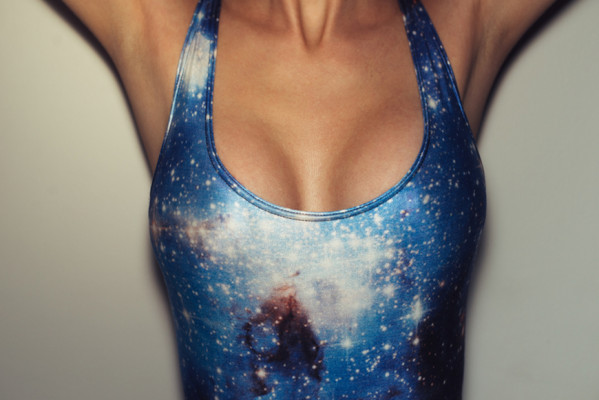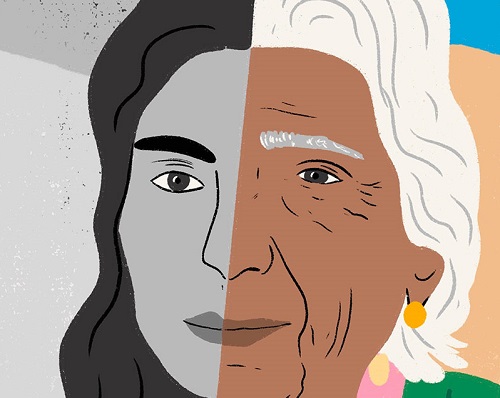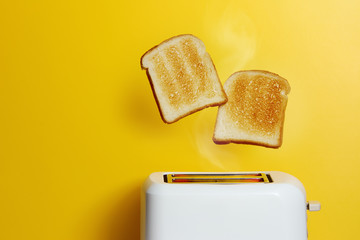
The talk of breasts often brings a sense of awkwardness or an “I can’t talk about that” kinda attitude. Rather, let’s break down the walls and get our breasts out in the open (the topic at least) and start sharing the awareness around prevention and research of breast cancer. Here are some fun, but weird facts I’ve found through my searches to get the conversation started…
6 Surprising Facts About Breasts You Probably Didn’t Know
They are unique to us
Did you know, we’re the only mammals to develop breasts during puberty that stick around for the rest of our lives. Even though some may debate this fact (hello breastfeeding boobs), it is true that other female mammals only develop the necessary mammary glands at the required time. Whether or not you plan to have children they are ready for any possible action.
Same, same but different
Have you noticed one breast is a slightly different size from the other? On average, 39.7 millilitres to be exact! But this is quite normal and symmetry is different on most of our pairs of body parts.
We are getting them at a younger age
I thought it was only me noticing this – or perhaps I was just a late bloomer, but apparently, it’s true that breasts are coming of age at least one year sooner than past generations.
Some blame the hormones in meat, or the rise in obesity (boobs are primarily fat), but it’s common also in girls carrying lower body weights. I wouldn’t be surprised if it has to do with the chemicals we are exposed more and more to. Chemicals in food and cosmetics can mimic estrogen which brings on puberty early in girls. Another reason I’m being mindful of only using natural products in our household.
Our breasts are toxic sponges
What is there to serve us through child-bearing years can also, unfortunately, deserve us. Fatty tissues within the breasts attract pollutants. There seems to be a chemical for everything = whether it’s the perfume in the toilet deodoriser or BPA’s in our plastics. Our breasts like to hold onto these absorbed chemicals for years. Similar to how the foods we consume while pregnant and breastfeeding are passed on to our infants, it’s the unnatural substances that surround us that can be passed on to our babies through breast milk. Again another reason to check labels and make sure you know what chemicals you are bringing home into your home.
You can’t stop gravity
The perkiness of young breasts is due to the strong collagen fibres but as we age and collagen production slows down, gravity takes hold. Fat begins to replace the milk glands and connective tissues and all of a sudden a good supportive bra is more important than ever.
Damn gravity!
They are super sensitive to cancer.
Yep, although research is still continuing, according to experts there are three reasons cancer seems to thrive in our breasts: Our breasts are considered as organs, so they are continually growing new cells throughout our lives. As mentioned above, the fatty tissue of breasts attracts environmental and industrial chemicals; and they’re filled with hormone receptors and hormones that can feed cancer cells. The best bet is to be mindful of your lifestyle and health choices. Stay active, follow a healthy diet, avoid smoking and pollutants and excess radiation.



